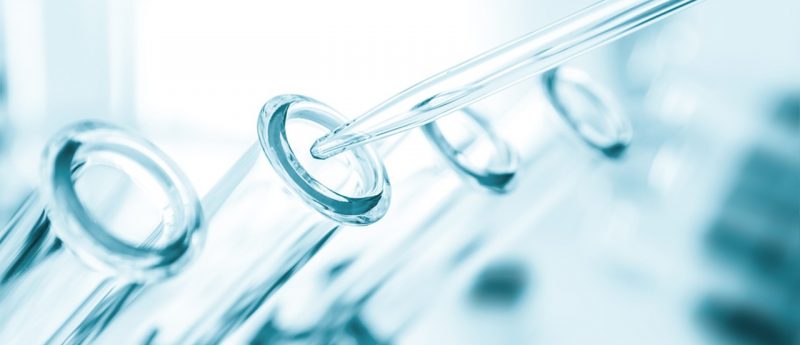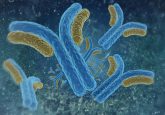Novel concept for biosensor of lactate

A collaboration of researchers from KAUST (Thuwal, Saudi Arabia), Imperial College London (UK) and the University of Cambridge (UK), have recently developed a novel concept for a biosensor of the metabolite, lactate. This biosensor combines an electron transporting polymer with lactate oxidase, the enzyme that specifically catalyzes the oxidation of lactate. Lactate is associated with critical medical conditions and its detection could have important implications for healthcare.
Previously, biosensors have been limited in terms of their target metabolites and environments. In answer to this problem, Sahika Inal ( KAUST) and her team have developed a biosensor that can be adapted in a micron-scale transistor configuration to detect any metabolite of interest.
For their proof-of-concept device, the researchers conjugated lactate oxidase with an organic electrochemical transistor polymer. This electron transporting polymer simultaneously acts as an efficient switch and a powerful signal amplifier. This polymer also bears hydrophilic side chains that facilitate intramolecular interactions with lactate oxidase, which brings the enzyme close to the transducing material. This promotes electrical communication and, consequently, enhances the polymer sensitivity toward lactate.
Inal explained that, unlike previous biosensors, their device does not require a reference electrode, which provides design flexibility.
The team are continuing their work by considering a design that can detect metabolites in different environments, such as a lab-on-a-chip lactate sensor. Therefore, such a sensor could be utilized in wearable lactate monitoring devices.
Source: www.eurekalert.org/pub_releases/2018-06/kauo-dma061118.php






